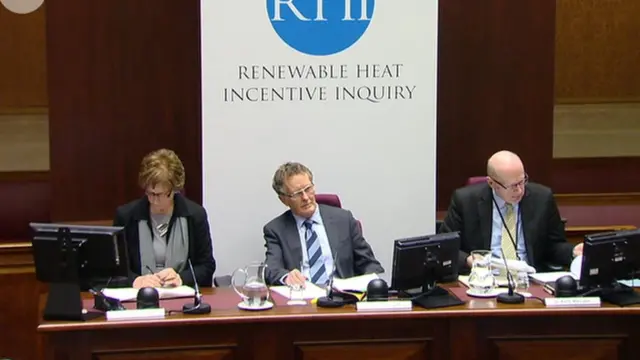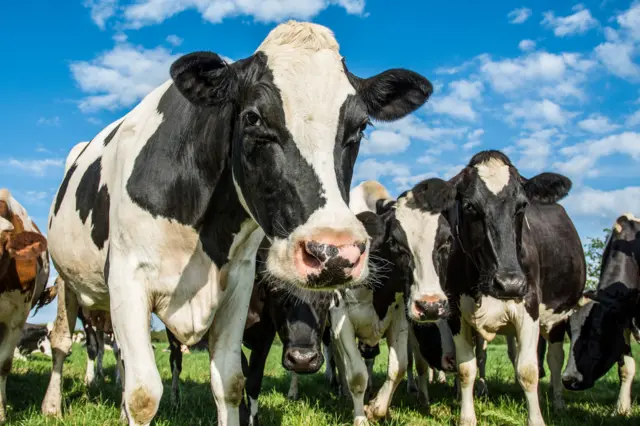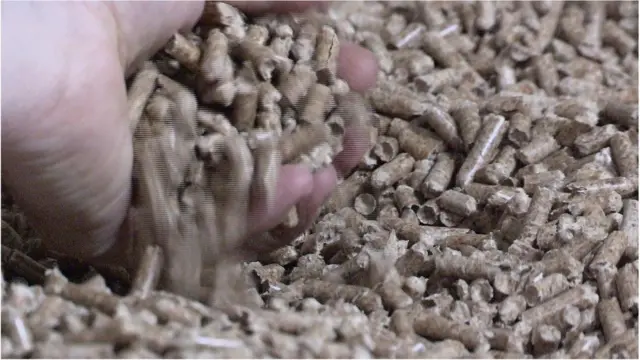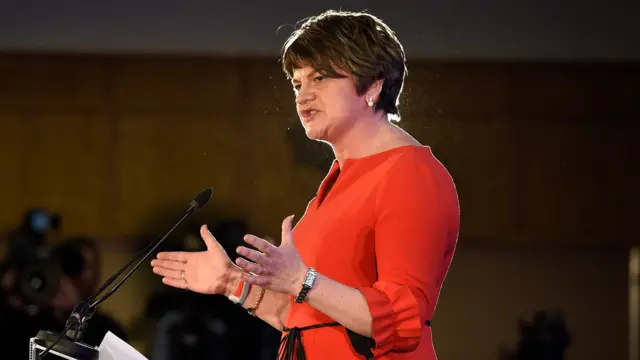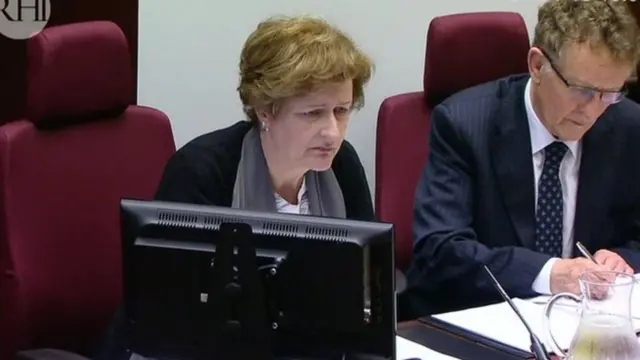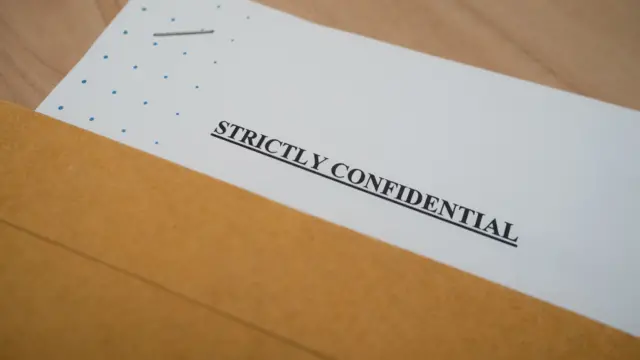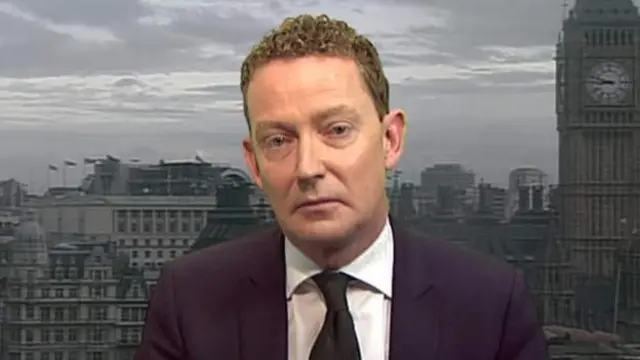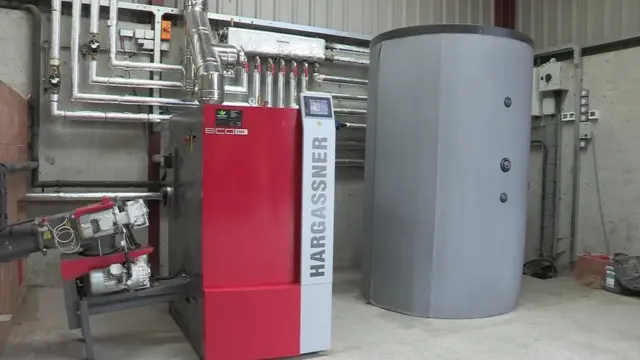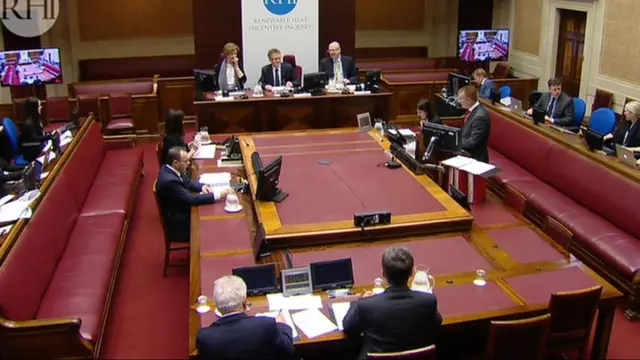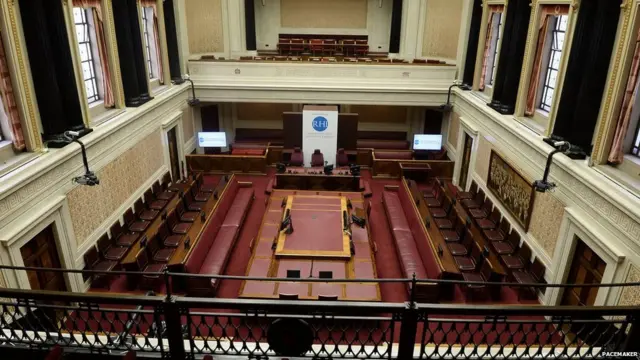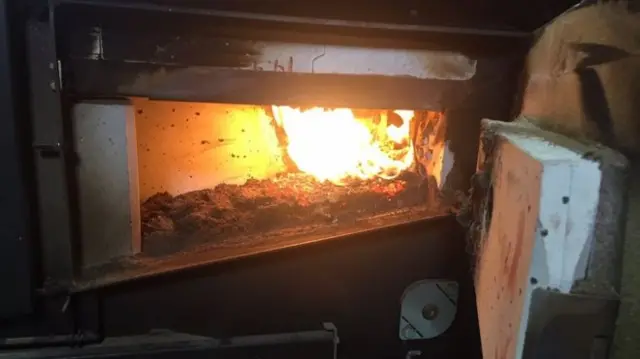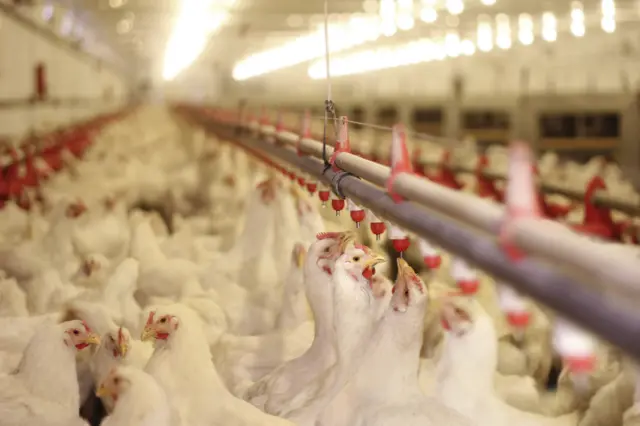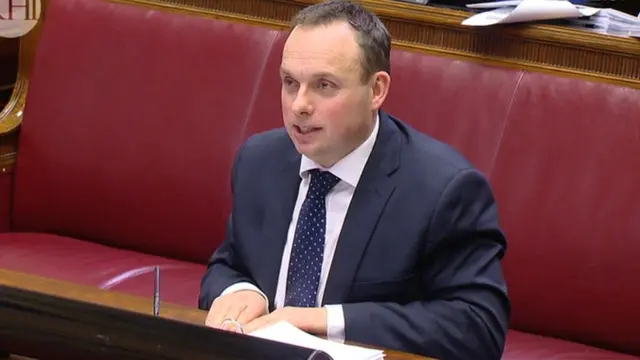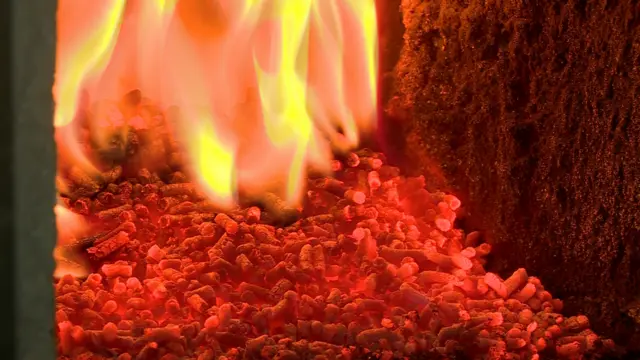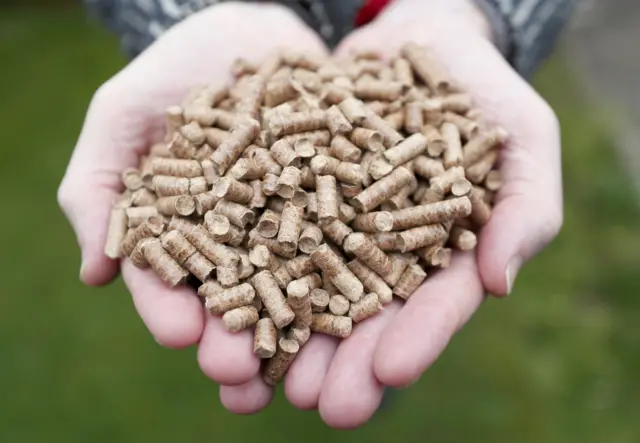That's all for now...published at 17:19 BST 17 April 2018
It took a while to warm up but today's session took a captivating turn this afternoon.
It'll be a while before Dr Crawford returns to the inquiry but he'll be back at some stage to face more questions on his role in the later stages of the RHI scheme.
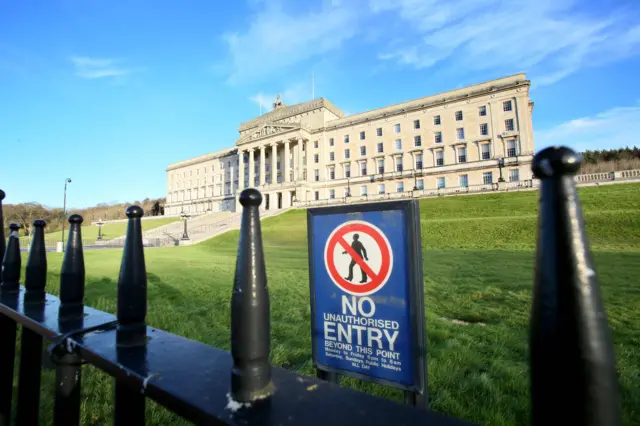 Image source, AFP
Image source, AFPAs for tomorrow, the DUP leader Arlene Foster will be back in the Senate chamber for another evidence session - join us for the best seat in the house at 09:45.
We're off to make the most of that sunny evening...

